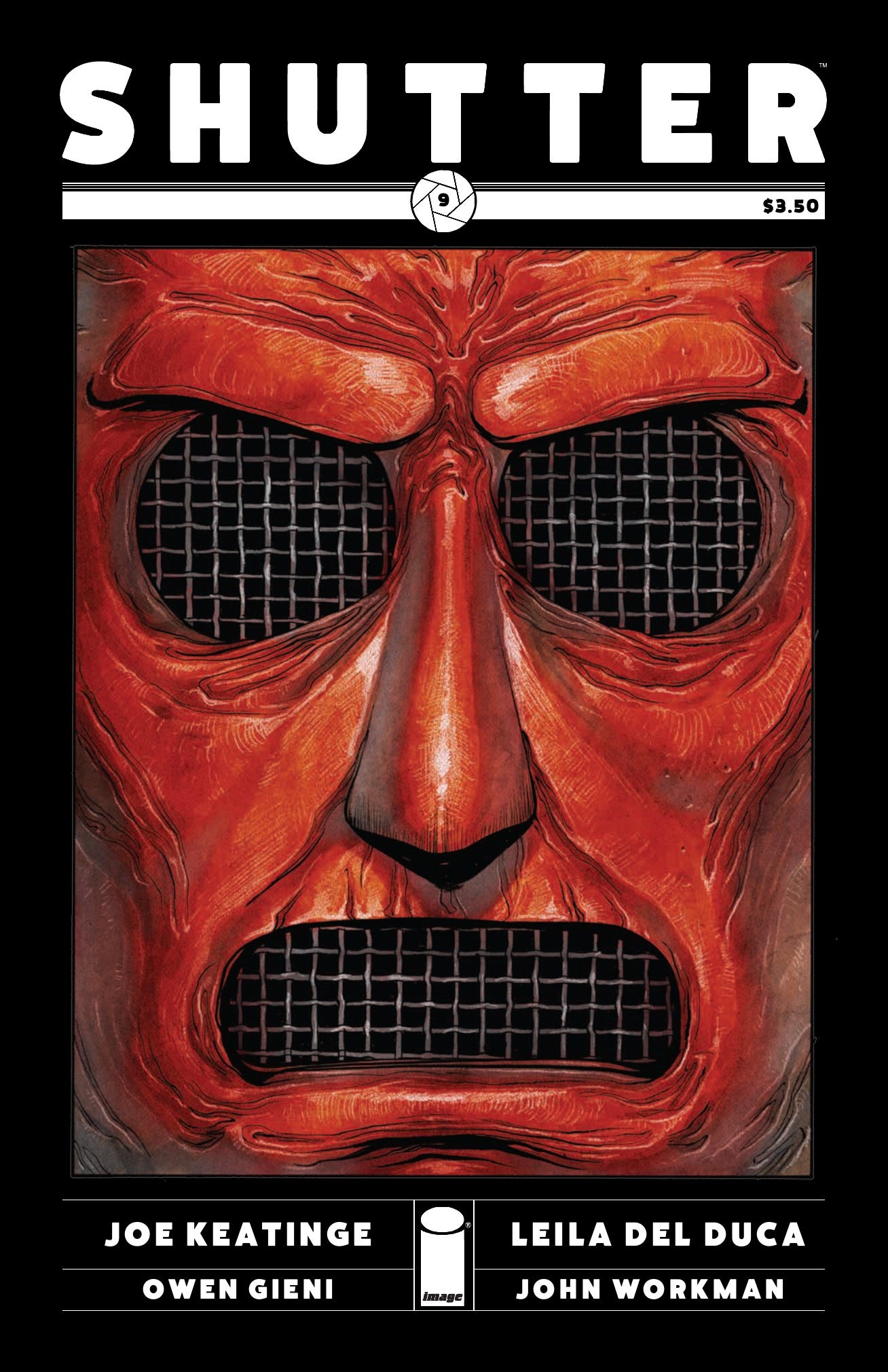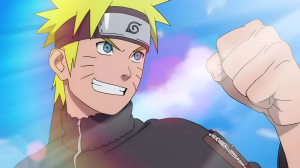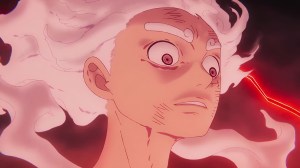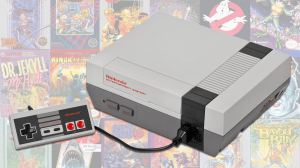**Spoilers for Shutter #9 Ahead**
Videos by ComicBook.com
One of the most powerful elements of long-form storytelling, whether it is in comics, television, or any other sequential medium, is the ability to explore characters thoroughly as they continue to grow. Heroes, villains, and all of those who fall in between are not restrained to a single arc or defining alteration. They are allowed to continually evolve, constantly incorporating new experiences and choices into who they are. When written well this results in characters who resemble something much closer to our own existence.
In Shutter Joe Keatinge and Leila Del Duca are interested in telling a long story, one that thoroughly understands its characters and infuses them with life. The series is filled with wild imaginative strokes and a complex history. It’s beautiful to look upon; Del Duca structures a world where it always seems there is more just outside of each panel. That depth does not exist for its own sake though. It is there so that Kate, Chris, and Alarm Cat all exist somewhere that is just as complex and believable as they themselves are. No matter how rich and vibrant the world around them becomes (and it is so very rich and vibrant), it cannot distract from the very human drama that lies at the core of Shutter.
There is a perfect example of just this sort of drama and the long-term sequential storytelling that allows it to flourish in Shutter #9. It builds on events from Shutter #6, when Kate and Chris were tracked down by Ekland and Shaw, a pair of lion-like bounty hunters. When Shaw attempts to force his way into Chris’ room, Chris fired at Shaw with a shotgun apparently killing him. It was an incredibly brutal scene, one that did not shy away from the visceral, raw experience of violence. That moment had a transformative impact not only on Shaw, but on both Kate and Chris. Del Duca’s character work in those moments distilled a greater response in their faces than any extended dialogue could hope to convey. The shock and horror of Chris’ response as he slowly slumped to his knees, tears streaming from his face is painful to read. The dismay on Kate’s face mirrors your own, shattered that a young boy was even put in such a terrible situation. In Shutter, Del Duca and Keatinge recognize violence as a traumatic experience for all parties and don’t shy away from its consequences.
This one moment has continued to reverberate within the following issues, weighing on every step of Kate and Chris’ journey together. It comes to the forefront in Shutter #9 when Chris is asked to return home with The General, the woman who taught him how to use a gun. His response is immediate and heartbreaking. Fear and shock resurface instantly. He is pulled back to the same moment in which he shot Shaw. Strains of post-traumatic stress are layered over the reactions of a child still struggling to make sense of what has happened, as he cries out “Don’t wanna shoot another gun!” It is a challenging transformation from the happy and shy young boy that Kate first met at the end of Shutter #4. He’s not broken, but he’s been irrevocably changed and it will be a long time before he is capable of reconciling what has happened.
Throughout Shutter #7 and #8, Chris was shown struggling with his actions as he attempted to help Alarm Cat with his own struggles and attempted to make a new friend. He was reserved and focused on anything that wasn’t about himself. Keatinge and Del Duca have been perfectly aware of Chris’ emotional state without needing to address it directly in each issue. The pain always lay just below the surface of his watery eyes. Chris’ reponse here is the inevitable confrontation of what has been an internal conflict for the past couple of issues. It is tremendous character work.
Kate’s response in this scene is every bit as obvious. She is protector and caregiver lashing out at whatever the source of Chris’ pain is. The General is not an enemy, but Kate allows no defense for her point of view. She is aware of what Chris has been through and is striving to protect him, no matter how difficult it may be. It is a fierce response inspired by love and empathy.
It is not just Kate’s relationship with Chris that has been changed though. Acting as his caregiver, she has been forced to question her own decisions and character. It’s not only about how she decides to protect Chris, but who she wants to be for him. This is what leads to the twist at the end of Shutter #9, when she ditches her weapons and backup when going through a mysterious portal with Kalliyan. She finds herself unable to support Chris’ denouncement of violence and guns, then use those same tools to protect him. So she throws away the most obvious means of survival announcing “No guns”.
This is an example of character driving plot, instead of the reverse. Too often in comics, especially superhero comics, what happens is treated as being significantly more important than why it happens. Exciting twists and complex plotting are treated as the ends, rather than means to reach it. That’s not the case here. Keatinge and Del Duca deliver exciting plot twists in Shutter #9, but they all stem from Kate’s decisions. She has been changed by her experiences with Chris. They have altered her priorities and desires. Instead of simply wanting to be left alone with her photography, she is striving to protect Chris and be the sort of role model that he can look up to. Her decision to dive into the unknown without weapons or backup could be viewed as foolish, but given the context of the story it’s incredibly brave. This isn’t a character being thrown defenseless into a dangerous situation, it’s a person choosing to do the hard thing because they also believe it to be the right thing.
Shutter #9 is many things. It’s a rich fantasy world populated with fascinating characters and a layered history. It’s a fast-paced drama with plenty of twists and turns. It’s a brave moral statement about the cost and cause of violence. But before all of that, it is a story about people. Kate and Chris are two individuals who have changed dramatically in less than ten issues. Every decision they make further alters who they are and drives their stories. No matter how crazy Shutter may appear, it’s heart is human.
Grade: A-









